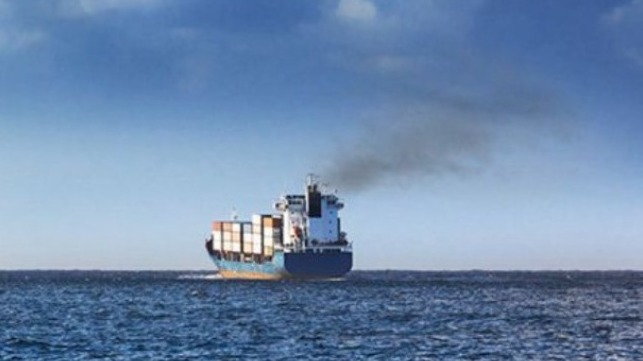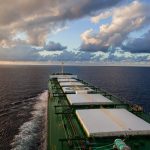BHP Group on Thursday reported its highest-ever annual iron ore production, helped by the continued ramp-up at its South Flank operations in Western Australia but flagged it faces rising costs.
The world’s largest listed miner said unit costs at its Western Australia iron ore operations and Chilean copper mine Escondida are expected to be towards the upper end of forecast ranges but said capital and exploration spending would be below annual guidance, partly due to foreign exchange movements.
BHP’s iron ore production in Western Australia was aided by improved rail performance at the mines, but production was partially hit by unfavorable impacts from tropical Cyclone Ilsa in the quarter.
It said iron ore production from Western Australia, on a 100% basis, was 72.7 million tonnes (Mt) in the three months to June 30, a touch lower than Visible Alpha estimates of 73 Mt, according to UBS.
The company expects fiscal 2024 output for Western Australia iron ore between 282 million and 294 million metric tons, the mid-point of which is 0.9% higher than the annual production of 285.3 million metric tons for fiscal 2023.
Weak iron ore prices will continue to affect mining companies’ earnings, says fund manager
BHP, which completed the $6.4 billion takeover of OZ Minerals in May, said copper production rose 9% to 1,716.5 thousand metric tons in the fiscal.
It also forecasts total copper production for the 2024 fiscal year to be between 1,720 and 1,910 thousand metric tons, helped by long-anticipated higher grades at the world’s top copper mine and the integration of Oz Minerals into its South Australian business.
It reaffirmed that production at South Flank would reach full capacity of 80 million metric tons per annum, on a 100% basis, by the end of fiscal 2024.
BHP said it has begun accepting more feed from third parties for its Nickel West operations which supply the electric vehicle battery industry, after rejecting feed from Mincor Resources with high arsenic levels.
Source: Hellenic Shipping News





